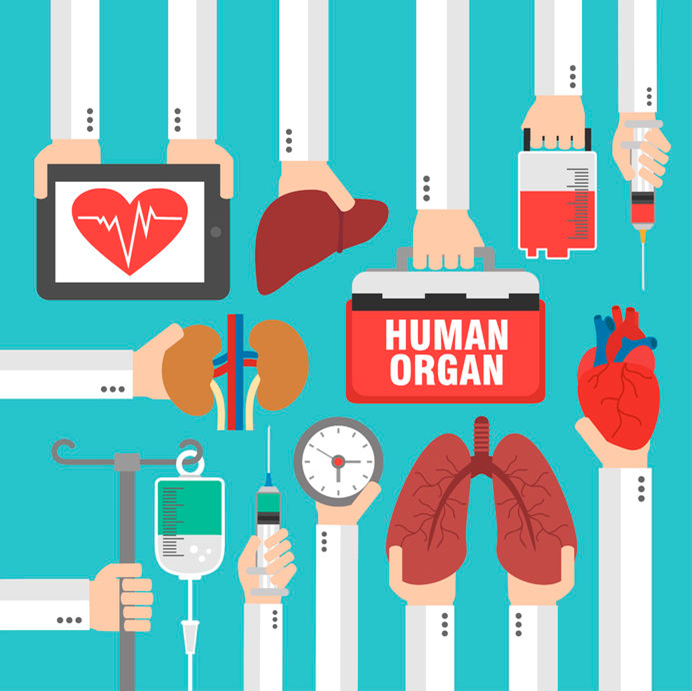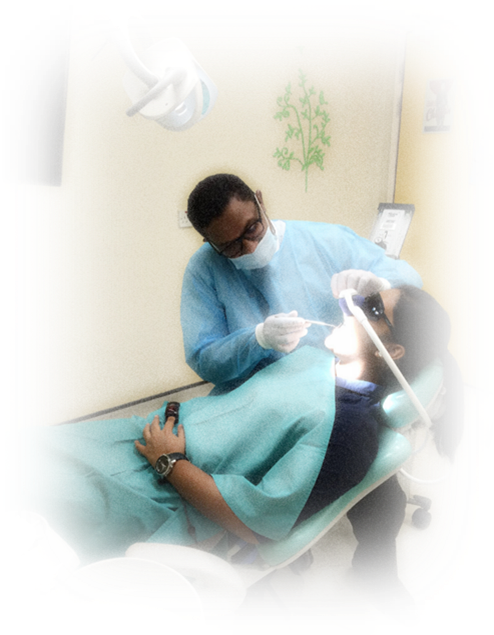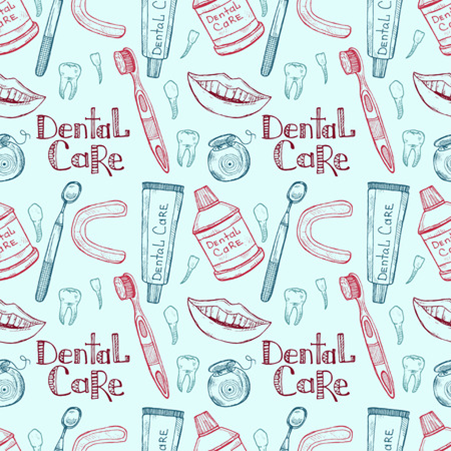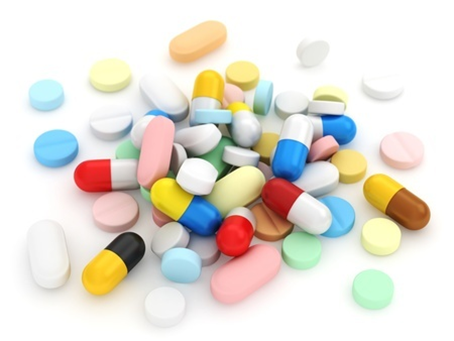Oral Health and Organ Transplants
|
Organ transplantations is a type of medical procedure which involves the donation of tissues and organs from a living or deceased person to be transplanted into living recipients whom, in many instances are either very ill or dying. This form of treatment has been proven to be effective in improving health and saving lives. The oral health of a patients with an organ transplant can be affected either directly by the transplanted organ as in chronic graft versus host disease or indirectly from the side-effects of anti-rejection medication. Chronic graft versus host disease is a condition that affects people who have received stem cell or blood-producing cells from donors. Anti-rejection medications are medications given to the recipients to prevent the recipients’ body from rejecting the organ that has been transplanted and these include immune-suppressants |
|
What are the types of organ transplants available?
|
|
There are two main types of organ transplantations, these are: –
|
How does transplantation affect my oral health?
People who have received organ and stem cell transplantation are at an increased risk of developing oral health problems. The side effects of medications used in transplants and underlying medical conditions can lead to dental infections, oral ulcers, gum overgrowth, and other oral conditions that can affect overall health.
Is it important to have good oral health before the transplant procedure?
|
|
Is it safe to have dental treatment before the transplant?
Your dentist will advise you on the necessary precautions that needs to be taken for you to receive dental treatment safely before your transplant. These precautions are detailed in Table 1.
|
Table 1: Precautions for receiving dental treatment before organ transplants
|
|
|
Antibiotic cover |
Your dentist will consult with your treating physician to determine the need of an antibiotic cover to prevent the spread of infection following your dental treatment. |
|
Oral infection |
If you have an abscessed tooth or gum abscess that needs treatment, your dentist will advise for antibiotics to be taken before and after the dental treatment to prevent the spread of infection. It is most advisable to eliminate all oral infection before the commencement of your transplant. |
|
Excessive bleeding |
Bleeding problems can occur in transplant candidates and is usually caused by the disease itself or by medications. For example, patients with liver failure may have excessive bleeding as the liver is not able to produce the required clotting factors to stop bleeding. |
|
Medications |
Patients planned for organ or stem cell transplants may be taking multiple medications. These may include anticoagulants, beta-blockers, calcium channel blockers, diuretics and others. You have to be aware of the possible side-effects of these medications which may range from dry-mouth (xerostomia), gum-overgrowth, bleeding tendencies, increased risk of mouth infections. |
What type of dental treatment will I need before the transplant?
|
Before your transplant, all active dental disease should be eliminated as the use of immune-suppressant post-transplant will decrease your ability to resist infections. Hence, your dentist will need to: –
|
|
|
What if I develop a dental problem during my transplant? If you do indeed develop a dental problem during your transplant, please inform your treating physician. Emergency dental treatment can be provided if it is medically permitted. |
|
Can I get dental treatment done immediately after my transplant?
Emergency dental care can be provided immediately after the transplant. However, it is advisable to avoid non-emergency dental treatment for 3 months’ post-transplant. This is because the dose of anti-rejection medication (immune-suppressants) are usually the highest during this early period and you may also be at a higher risk of serious complications such as rejection of the transplanted organ. Once the transplanted organ has stabilized, usually within 3-6 months of the procedure, your physician may provide clearance for you to undergo dental treatment.
What type of dental treatment can I receive after my organ transplant?
|
Routine dental treatment can commence after your transplant has stabilized. You will need to: –
|
|
Are there any side-effects of immune-suppressant medications on my mouth?
|
Immunosuppressive medications or anti-rejection medication are used to prevent rejection of transplanted organs. The use of these medications is associated with several oral side effects and complications such as bacterial infections of the mouth, oral candidiasis, other viral and fungal infections, and aphtous ulcers. Oral ulcers are caused by herpes simplex virus infection, or in patients with stem cell transplants, oral ulcers may be sign of graft-versus-host disease. In addition, progressive gum disease, delayed wound healing and excessive bleeding may be a problem. |
|
| Common immunosuppressant medications and their side-effects in the mouth | |
|
Cyclosporine |
Bleeding problems, poor wound healing and gum overgrowth. Gum overgrowth is more common in children and in patients taking calcium channel blockers. Conscientious daily oral hygiene is advised |
|
Tacrolimus |
An immunosuppressive medication that is commonly used in place of cyclosporine. Its causes lesser gum overgrowth but it is associated with oral ulceration and numbness or tingling sensation around the mouth. |
|
Azathioprine |
Causes bone marrow suppression and related mouth complications such as stomatitis and opportunistic infections. |
|
Mycophenolate mofetil |
This immunosuppressive medication is usually used as an alternative to azathioprine. It is associated with decreased white cell count, opportunistic mouth infections and gastrointestinal problems. |
|
Corticosteroids |
Steroids are medications that increases the risk infections in the mouth and the body. It also can increase blood pressure and blood sugar, cause delayed wound healing and mood changes of the person taking it. |
|
Sirolimus |
Side effects of this drug includes increased blood pressure, joint pains, reduced white blood cell count, and increased cholesterol levels. In addition, oral ulcers can occur if high levels of this medication is used. |
What is Chronic Graft Versus Host Disease?
Stem cells in the bone marrow produce blood cells which include the white blood cells and the red blood cells. The white blood cells make up part of our immune system which protects our body from invasion of infectious organisms like bacteria, fungi and viruses. These white blood cells also maintain our bodily functions by identifying, targeting and destroying these infectious agents, foreign particles and body cells that are not functioning normally. In patients who have received stem cell transplant from a donor, the white blood cells produced in the recipient is the same as they are in the donor. These white blood cells may identify the recipient cells as being foreign and so target and destroy them leading to graft-versus-host disease. In the mouth, chronic graft-versus-host disease can be seen as: –
- Patches of white and red (Figure 1) and mouth ulcers (Figure 2) in the inner surfaces of the lip and cheeks.
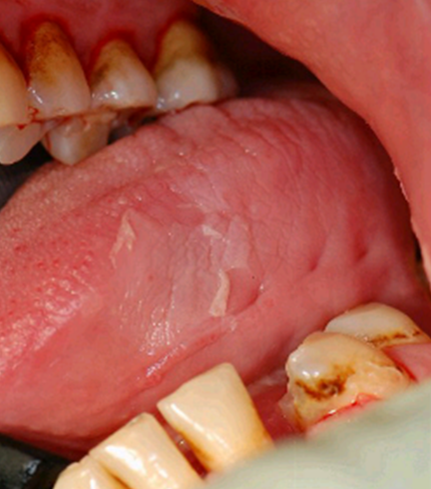
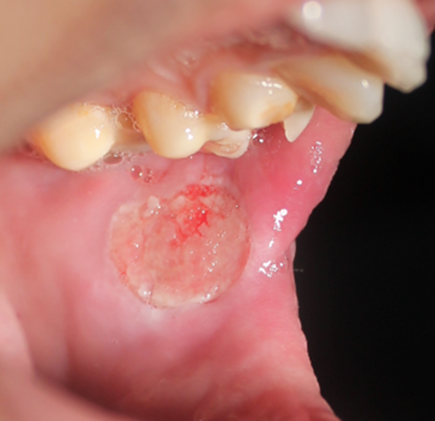
- Mouth opening may be reduced as the surrounding areas of the mouth may undergo changes. The mobility of the tongue may also be affected.
- The glands in your producing saliva may also be affected leading to reduced production of saliva, pain, dryness of mouth and altered taste sensation.
Treatment of the oral effects of graft-versus-host disease will be coordinated by your treating physician. However, your dentist may be able to help you with the prescription of analgesic mouth washes to control pain and dry-mouth products to alleviate dry-mouth symptoms.
Am I at risk of oral cancers after receiving an organ transplant?
|
Long term use of immunosuppressant medications and other treatments places the transplant patient at risk of developing cancers including the cancers of the mouth. Squamous cell carcinoma of the tongue, salivary glands, lip or throat, lymphomas and other malignancies can sometimes occur in the transplant patient. As the risk of developing these cancers are present, their early detection and treatment is vital hence the patients are advised to visit their dentist regularly. |
|
References
- Little JW, Falace DA, Miller CS, Rhodus NL. Dental Management of the Medically Compromised Patient (7th ed.). St Louis, Mosby Inc., 2008.
- Goldman KE. Dental Management of Patients with Bone Marrow and Solid Organ Transplantation. Dental Clinics of North America 50(2006) Elsevier Saunders pp. 659-676.
- Guggenheimer J, Eghtesad B, Stock DJ. Dental Management of the Solid Organ Transplant Patient. Oral Surgery, Oral Medicine, Oral Pathology, Oral Radiology and Endodontics. (2003);95:383-389.
| Last Reviewed | : | 13 February 2017 |
| Writer | : | Dr. Dasera Raj al/ Vedha Raj |
| Accreditor | : | Dr. Norjehan bt. Yahaya |



